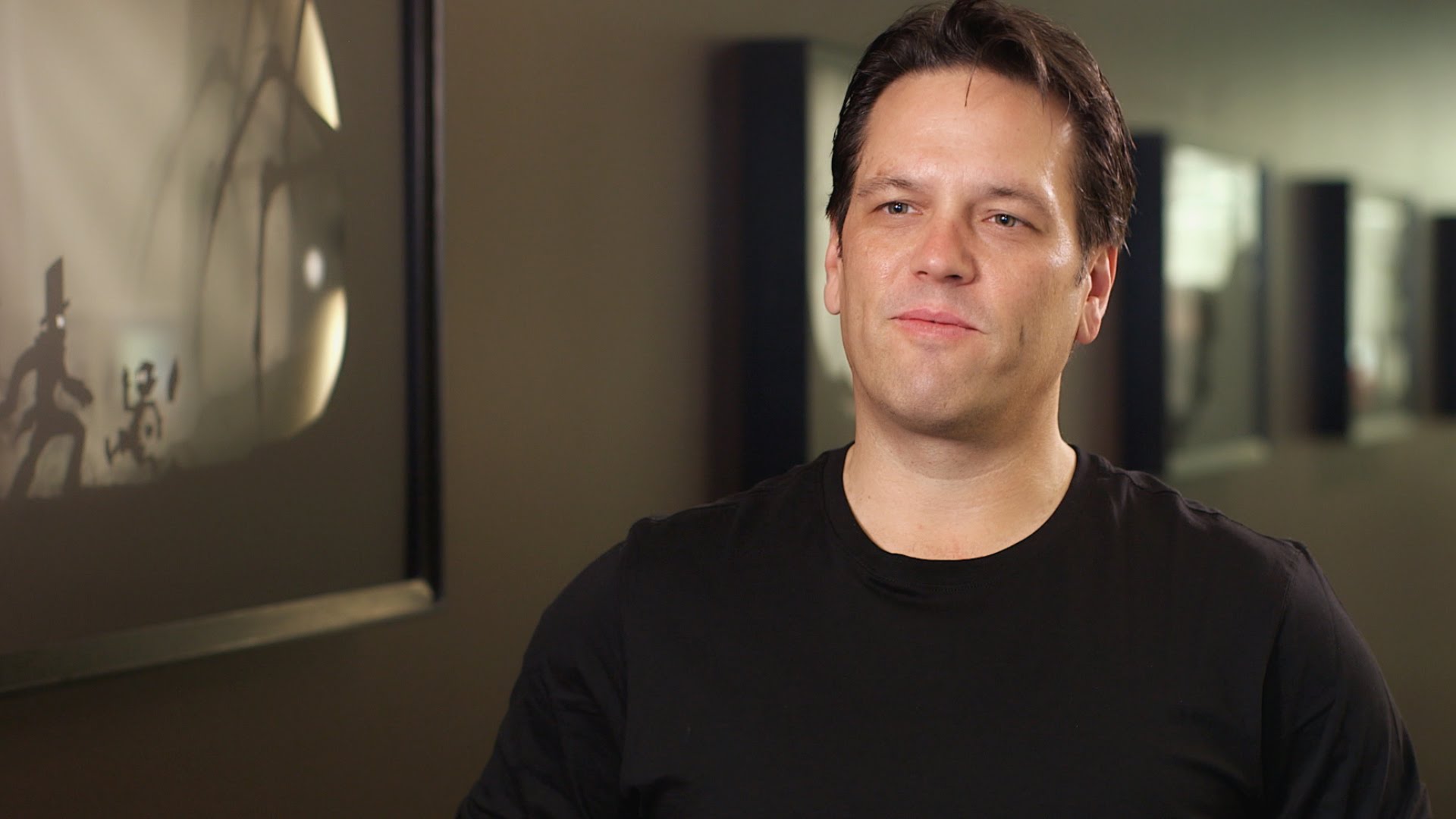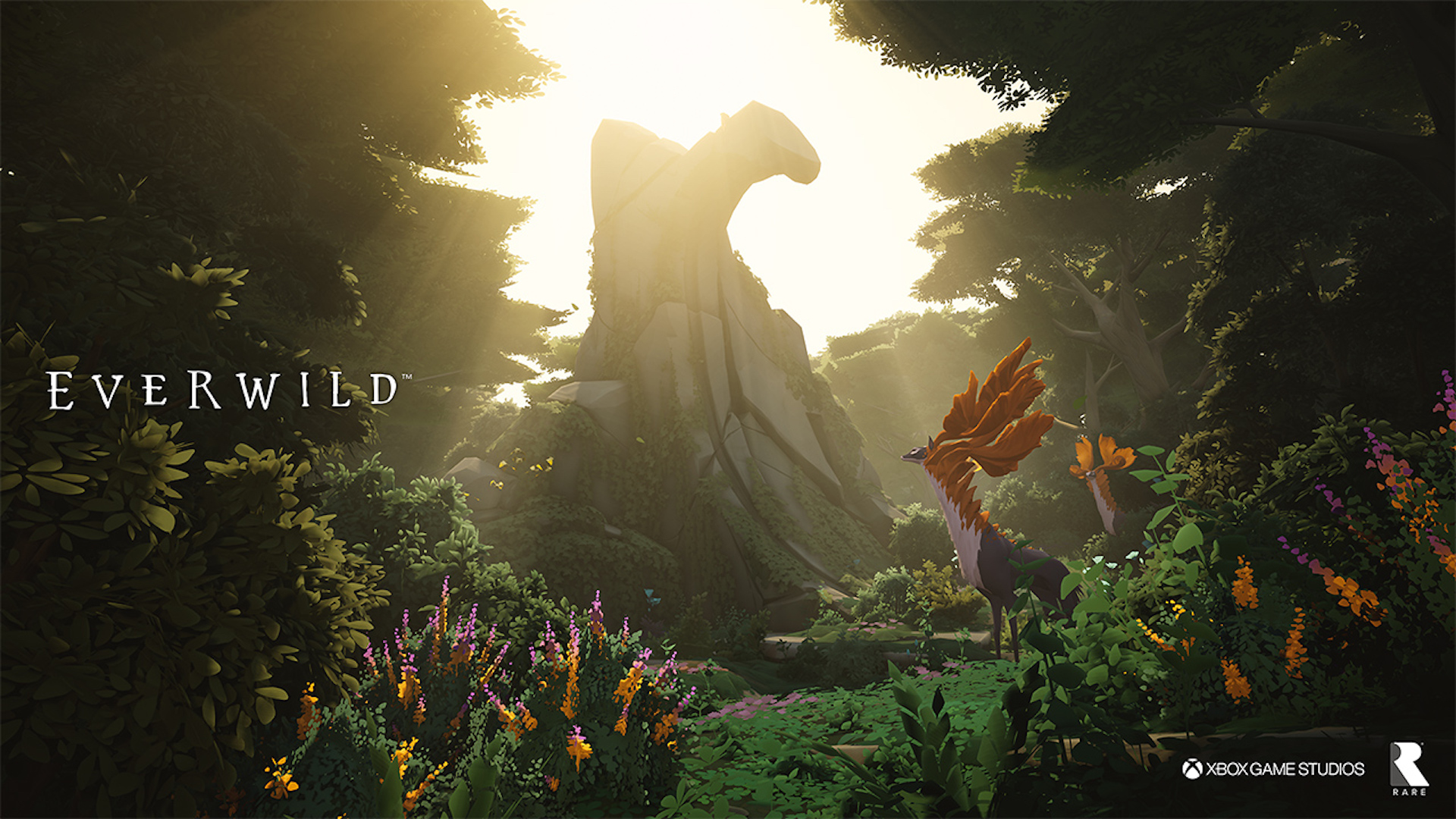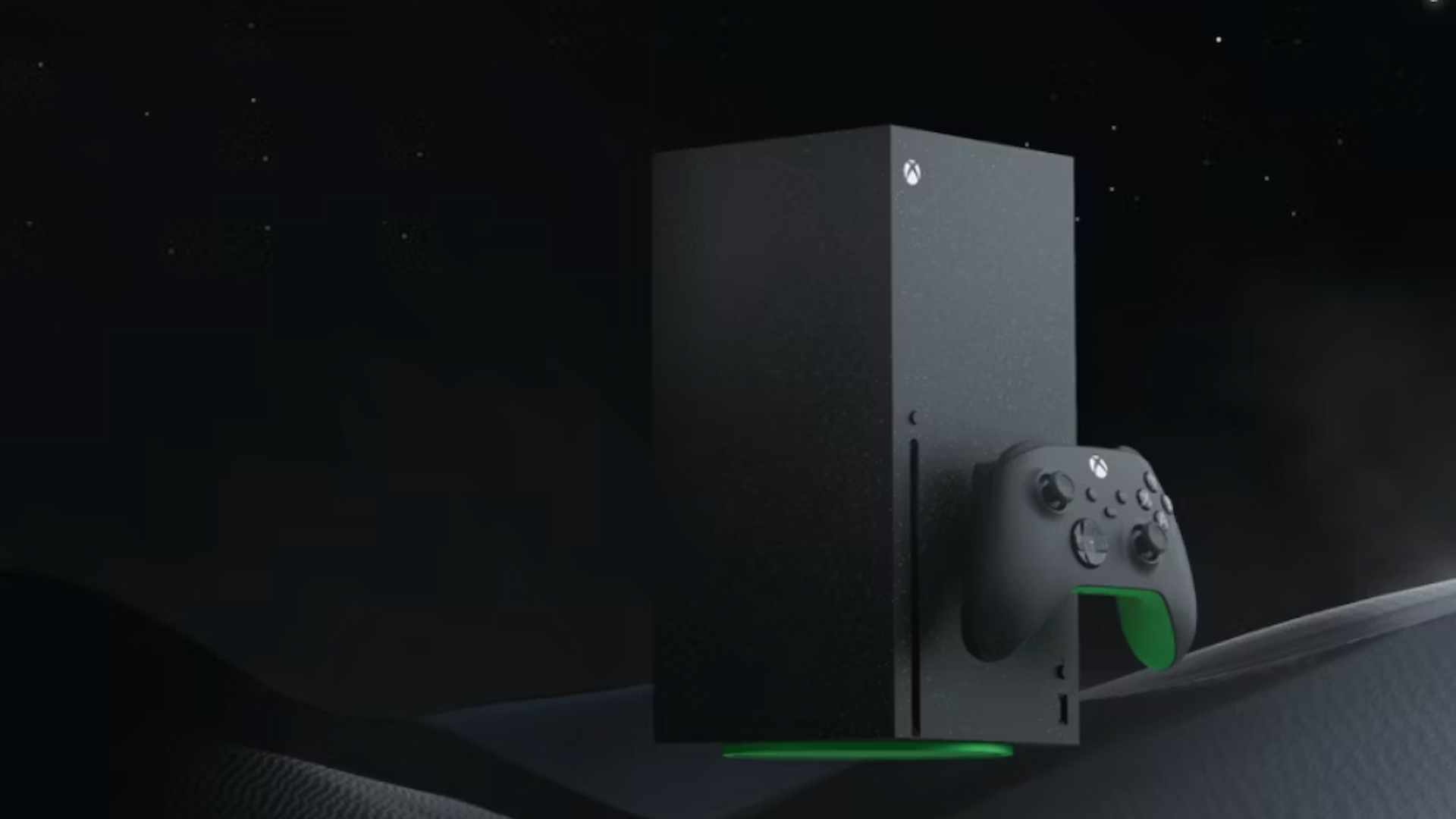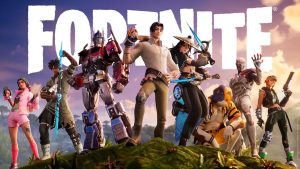
Earlier this year, when Warner Bros. Games shut down Monolith Productions, WB Games San Diego and Player First Games, cancelling Wonder Woman in the process, and again when EA laid off hundreds of employees, closed Cliffhanger Games and cancelled projects like Black Panther and the next Titanfall, I thought, “This has to be it. No other company could possibly want to top this.” Unfortunately, Microsoft leadership seemed to take this as both an invitation and a challenge.
After cutting three percent of its workforce worldwide in May this year, a new wave of layoffs has hit the company. The Seattle Times reported roughly 9,100 employees affected across all of Microsoft, with the overall impact on its Gaming Division unknown. Bloomberg did note that King, based in Stockholm, and ZeniMax Media’s European offices were affected (with the former losing about 200 employees). However, at the time, the full scale of the cuts was unknown in the United States.
As time passed, it became clear that this wasn’t just a series of layoffs but an all-out bloodbath. Everwild, Perfect Dark and ZeniMax Online Studios’ next MMO, codenamed Blackbird, have reportedly been cancelled. The Initiative has been closed. Rare will allegedly undergo restructuring and see layoffs. Undead Labs, currently working on State of Decay 3, has reportedly faced layoffs (though how extensive is unknown). Turn 10 Studios saw over 70 layoffs, according to The Verge, effectively reducing its staff by almost 50 percent (which is apparently enough to keep Forza Motorsport going).
At the time of writing, it’s unknown whether ZeniMax Online Studios will see layoffs because the overall handling of the process has been, to put it simply, embarrassing. Bloomberg’s Jason Schreier noted that staff who worked on Blackbird were locked out of their Slack accounts without any warning from HR. Leadership and HR have also yet to confirm their job statuses, though they can still use their official work emails and Microsoft Teams (and no, I won’t make the joke).
The way it’s been handled is unequivocally horrendous, but it’s not just in the United States. King’s London and Berlin offices, alongside their remote workers, have also allegedly been hit, according to MobileGamer.biz. Though they noted how it wasn’t very surprising, the process has still “been handled very poorly.”
Back in the US, not even those working on the Call of Duty franchise are safe. Insider Gaming reported layoffs to Sledgehammer Games and Raven Software, with the actual number yet to be known. And yes, Raven is working on Call of Duty: Black Ops 7 alongside Treyarch. High Moon Studios, which serves as a support studio on Call of Duty: Warzone, has also seen layoffs. Halo Studios is also reportedly seeing layoffs – one alleged employee worked on Halo Infinite for the past four years to turn around, quote, “that burning dumpster of a live service.” There aren’t any reports about South of Midnight developer Compulsion Games, but one former employee recently posted on LinkedIn about seeking a new role, having worked at the studio since June 2024.
You’re probably wondering at this point, “Is that all?” Well, no. According to The Verge, the Xbox user research team has also been “hit hard.” For those unaware, it’s a team that “focuses on ensuring quality across Xbox games, the platform, and developer tools.” Windows Central reports that QA in Activision and Blizzard have also been affected, alongside marketing and sales teams. If that isn’t enough, Xbox’s head of family and child safety is also gone.
If we’re talking about senior positions, ZeniMax Online Studios president Matt Firor is leaving after over 18 years, while sources told VGC that Gregg Mayles and Louise O’Connor will be leaving Rare. Mayles has spent over 35 years at the studio and is best known for Banjo-Kazooie and Sea of Thieves (and was also directing Everwild after the reported 2021 reboot). O’Connor has also been at the studio for quite some time, having worked on Conker’s Bad Fur Day, and is also gone after the cancellation of Everwild.
And I would say, “That’s it for now,” but no one, not even Microsoft since this is their fourth set of layoffs in about 18 months, could possibly know. It’s been, for all intents and purposes, a bloodbath. But you know who thinks all of this is the best decision and the one that will position the brand for continued success? Why, Microsoft Gaming CEO Phil Spencer, of course!
Before news of all these cancellations and layoffs fully circulated, Spencer sent out a note (obtained by Windows Central), stating, “To position Gaming for enduring success and allow us to focus on strategic growth areas, we will end or decrease work in certain areas of the business and follow Microsoft’s lead in removing layers of management to increase agility and effectiveness.” However, in the next paragraph, he admits that all of this is happening, while, “We have more players, games, and gaming hours than ever before. Our platform, hardware, and game roadmap have never looked stronger.” So what gives?
Spencer continues, “The success we’re seeing currently is based on tough decisions we’ve made previously. We must make choices now for continued success in future years, and a key part of that strategy is the discipline to prioritize the strongest opportunities. We will protect what is thriving and concentrate efforts on areas with the greatest potential while delivering on the expectations the company has for our business. This focused approach means we can deliver exceptional games and experiences for players for generations to come.”
He offered the usual spiel for those let go – “We would not be where we are today without the time, energy, and creativity of those whose roles are impacted,” “These decisions are not a reflection of the talent, creativity, and dedication of the people involved” (which is one way of saying, “It’s not you, it’s me”). But perhaps the most notable is, “Our momentum is not accidental—it is the result of years of dedicated effort from our teams.” So naturally, the obvious next step is to lay off those workers to thank them for their work thus far. The worst part about the note is how “the specifics of today’s notifications and any organizational shifts will be shared by your team leaders in the coming days.” This seemingly indicates that more layoffs and cancellations are coming.
As annoying as all this is, Xbox Game Studios’ Matt Booty followed with an internal email confirming the cancellation of Perfect Dark and Everwild and the winding down of “several unannounced projects” (which seemingly includes ZeniMax Online’s Blackbird). “These decisions, along with other changes across our teams, reflect a broader effort to adjust priorities and focus resources to set up our teams for greater success within a changing industry landscape,” said Booty. “We did not make these choices lightly, as each project and team represent years of effort, imagination, and commitment.”
However, he then goes on to note that the overall plan remains “unchanged,” which is to “build games that excite our players, continue to grow our biggest franchises, and create new stories, worlds, and characters.” There are apparently over 40 projects in “active development” and “continued momentum” on games launching this Fall (and no, we don’t know of any new titles outside of The Outer Worlds 2). Furthermore, it has a “strong slate” going into the next year.
What is the point of this section other than to inspire confidence among those left that Microsoft isn’t dying anytime soon or perhaps no further cancellations are on the way? Thinking back to the end of Spencer’s note, now might not be the right time to brag about “continued momentum.” Then again, Booty is the one who looked at rumors about Perfect Dark’s troubled development and said, “It’s quite the opposite.” He also called reports of Everwild’s development rebooting in 2021 as “a little extreme” than what really happened. Do I expect any executive in such a position to be candid and admit fault? Well, no, but then again, I also don’t expect to hear about all the wonderful things Xbox has in the works after my colleagues and co-workers lost their jobs.
So, with all that out of the way, Microsoft’s tally for layoffs in 2025 sits at over 15,000 employees thus far. The real question, at least for the time being, is: What hasn’t been cancelled? Apparently, everything from the recent Xbox Games Showcase (conveniently enough) is safe, according to Windows Central. It’s also been suggested that the company’s next-gen console plans “remain unaffected.” You know, the one part of the Gaming Division’s revenues that have seen constant declines. Then again, I don’t know if you can boast about the revenue from content and services too much since Call of Duty and Minecraft (followed by Game Pass) contributed heavily to the same.
Taking a step back, it’s easy to look at all this and simply blame Microsoft. And make no mistake – it really is that easy, considering Spencer and crew have been at the helm for some of the company’s biggest failings. The closure of Tango Gameworks, Arkane Austin, and Alpha Dog Studios. Increasing the price of major first-party games to $80. Declining hardware revenue. Multiple years with no games to offer loyal fans. High-profile disappointments, like Halo Infinite at launch and Redfall.
Depending on who you ask, even releasing first-party titles to PlayStation 5 and Nintendo Switch, which proved financially successful, was viewed as the company admitting defeat in the console wars. Which, going by the numbers, should be a given. You may think that the cancellations of Everwild and Perfect Dark are justified, given years of troubled development.
Yet Microsoft oversaw both studios and dozens of others. When a 2022 report emerged about a toxic work environment at Undead Labs under its new studio head and HR head, leading to numerous departures and stalled development on State of Decay 3, Microsoft was specifically called out for not acting sooner.
In the past, Phil Spencer has admitted that upper management was hands-off, leaving studios to their own machinations – which was the reason (among many) why Redfall shipped in its sorry state. He then claimed that the team did “a better job” helping with Bethesda’s Starfield, but even if you’re a fan of it, there’s no denying the bugs, glitches, crashes, and quality-of-life issues that it shipped with (after delays, at that).
However, if we’re outlining everything that Microsoft has done wrong with the Xbox brand, you could go all the way back to 2013 (and some people have), pointing to Microsoft effectively nailing its own coffin shut with how it presented the Xbox One. Even after backtracking on Kinect, always-online requirements, used-game ownership and a focus on TV media, it was still effectively sent to die against the PS4 later that year. Some may even go back further and blame its focus on Gears of War, Forza, and Halo – the top three, as it were – and the inability to nurture new franchises, which prompted the acquisition of Ninja Theory, Compulsion Games, Playground Games and many more in the years to come.
Whether that acquisition-fueled mayhem and the less-than-stellar returns are to blame or not, this process of acquiring studios and then shuttering them after however many years isn’t all that surprising. Flashback to 2021, when Sarah Bond, then-head of Game Creator Experiences and Ecosystem at Xbox, reflected on shutting down Lionhead Studios in 2016 after acquiring it in 2006. “What did we learn, and how do we not repeat our same mistakes?” Spencer followed up by stating, “You acquire a studio for what they’re great at now, and your job is to help them accelerate how they do what they do, not them accelerate what you do.” Based on everything that’s happened, it seems that leadership at Microsoft Gaming and Xbox Game Studios has a long way to go.
Many players are still wondering why Spencer – and other leadership figures like Matt Booty – are still in charge, given the brand’s failures over the past several years. We’ve heard Xbox president Sarah Bond talking about a new multi-year partnership with AMD across “a portfolio of devices,” including next-generation Xbox consoles, where one of the stated goals was to deliver “immersive gameplay and player experiences enhanced with the power of AI.”
However, Microsoft signed a deal with OpenAI in 2019, though Business Insider reported tensions between the two companies, casting some doubts on whether their partnership can last until 2030. That being said, Microsoft has still invested a whopping $13 billion into it thus far. All that money has to come from somewhere, and unfortunately, we may be seeing the result of that.
Of course, that still doesn’t excuse the current direction of Xbox – whatever that may currently be. Yes, Forza Horizon 5, Indiana Jones and the Great Circle and Sea of Thieves are successful on PlayStation 5. And while I was somewhat optimistic about Microsoft taking a multi-centric approach to offering its games on numerous platforms, I still don’t understand the whole “This is an Xbox” marketing campaign.
Or why the company had to tie up with Meta to release a $500 Meta Quest 3S Xbox Edition in limited supplies when none of its titles supports VR. As great a deal as Game Pass has been for the company, it hasn’t seen anywhere near the level of growth in the past few years as when it first began. The amount that Microsoft is investing in it continues to grow, however, and even if it’s helping many players discover brand-new titles, the argument that it’s effectively cannibalizing first-party sales will never truly go away.
The industry as a whole has faced unprecedented instability since the COVID-19 pandemic ended, with layoffs regularly happening as early as 2023. As perhaps the biggest games publisher in the world, Microsoft is no stranger to mass cuts – look no further than 2014 when it cut 18,000 employees, though that primarily affected the Nokia division. And while it may have a pretty impressive line-up of titles to come, Laura Fryer, one of the founding members of the original Xbox team, recently said it best.
“What is the long-term plan? Where are the new hits? What will make people care about the Xbox 25 years from now?” She noted that with the 25th anniversary of Xbox approaching in 2026, perhaps it’s “the year that the fog will clear and all of us will see the beauty in these latest announcements.” Whether that will be the case or not, the dark cloud currently hanging over Microsoft and its Gaming Division isn’t going away any time soon.
Note: The views expressed in this article are those of the author and do not necessarily represent the views of, and should not be attributed to, GamingBolt as an organization.


















